THE VOICE FOR THE ENERGY CONSUMER
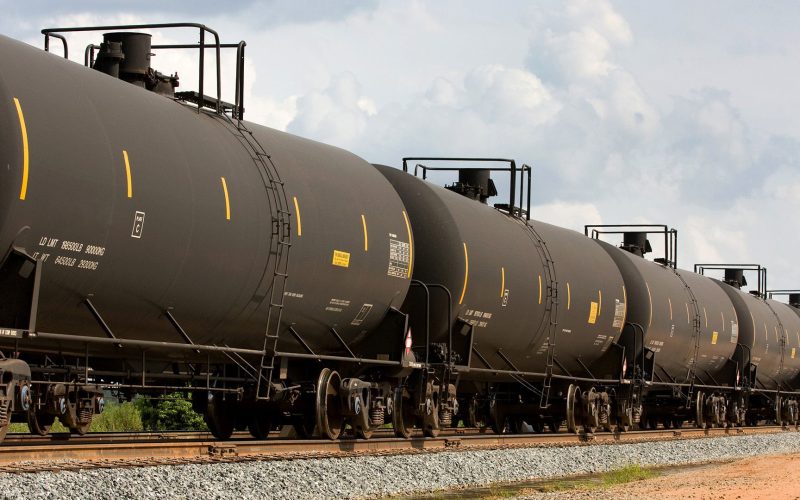
As pipeline constraints continue to build, more crude oil is being delivered by rail, which in the past has harmed our country’s farmers ability to harvest crops and deliver them.
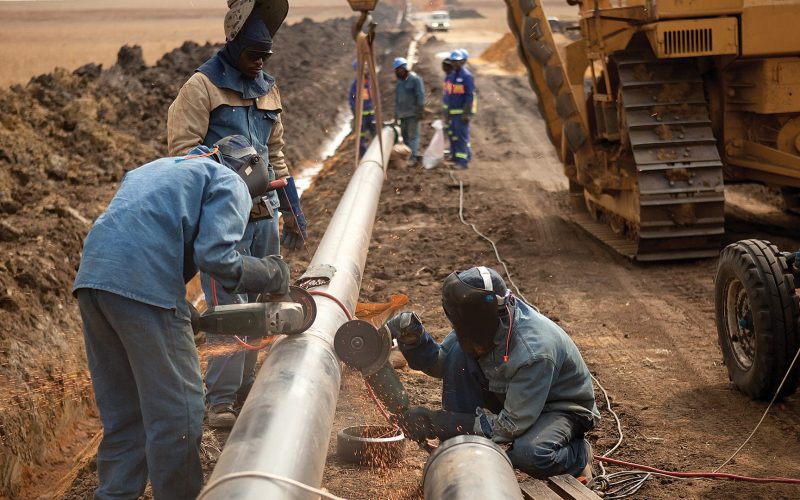
As the United States produces more oil and natural gas, an expanded energy delivery system will allow for the safe transportation of American produced energy while allowing for the capture.

Although the United States is producing record amounts of oil and natural gas, helping to insulate energy consumers from unstable price swings, pipeline constraints continue to hamper our ability to.

As some elected officials begin injecting politics into fact-based regulatory processes, families and farmers are seeing the results of politically constrained energy infrastructure in higher than necessary energy bills and.

CEA President David Holt previews the energy discussions and challenges that lie ahead in 2019, and what energy consumers – from families and small businesses to manufacturers – can expect..
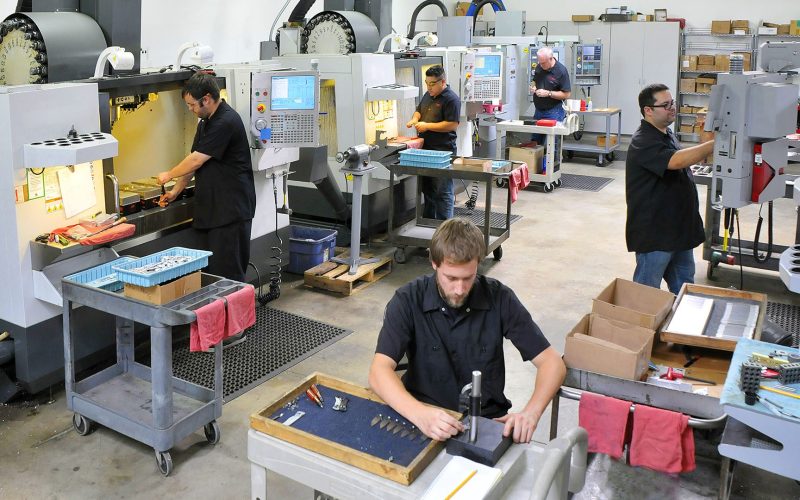
Families, farmers, and businesses across the country depend on our network of pipelines to deliver everything from oil and gasoline to natural gas and other products we rely on everyday.
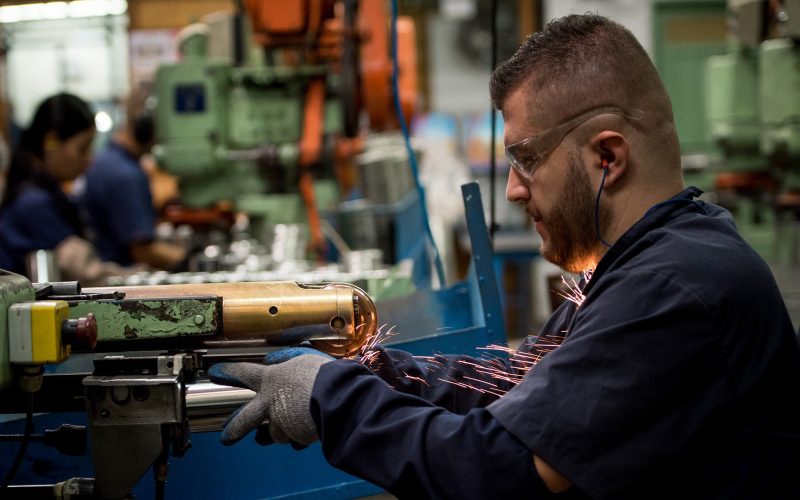
CEA Midwest Executive Director, Chris Ventura, looks at how anti-energy groups threatening lawsuits and mass protests over modernizing critical energy infrastructure hurts families across Minnesota. The replacement line would reduce.

CEA’s Chris Ventura looks at the need for modernized energy infrastructure in Michigan, like the proposed Straits tunnel, that will continue to keep transportation fuel and propane affordable for Michiganders.

This week, the Michigan Senate took action to ensure the continued protection of the Great Lakes by modernizing critical pipeline infrastructure that supplies the energy needs of Michiganders daily. Republican.
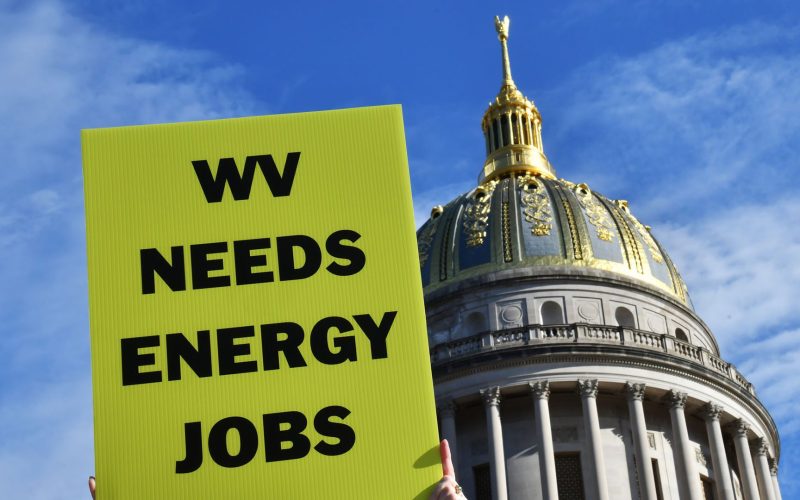
CEA’s Midwest Executive Director, Chris Ventura, looks back at the year West Virginia saw some of the fastest economic growth in the country – thanks in part to increased energy.